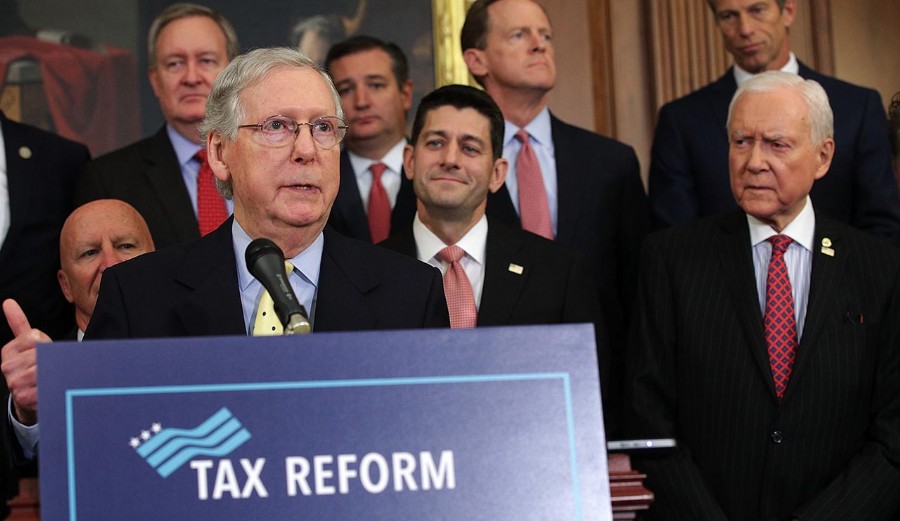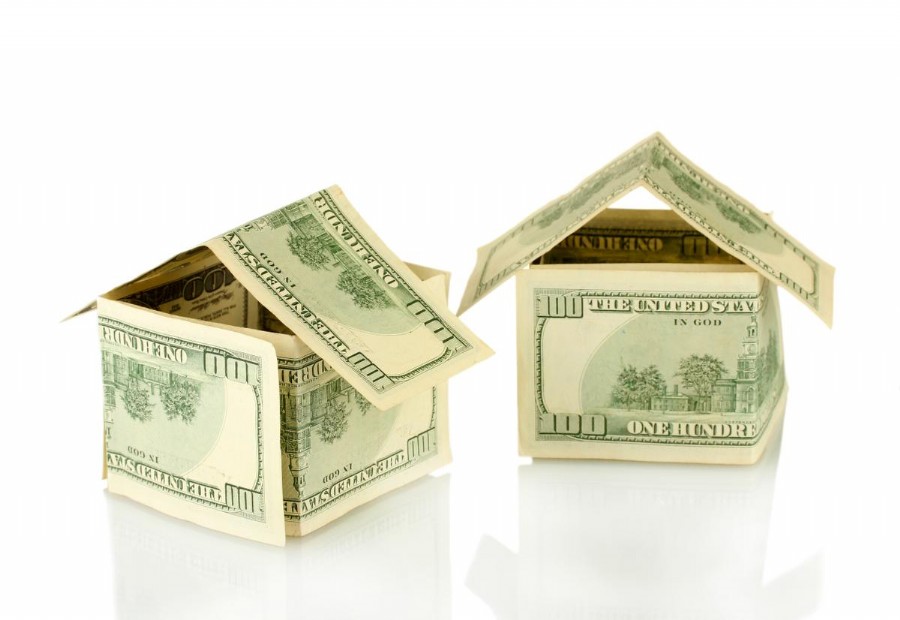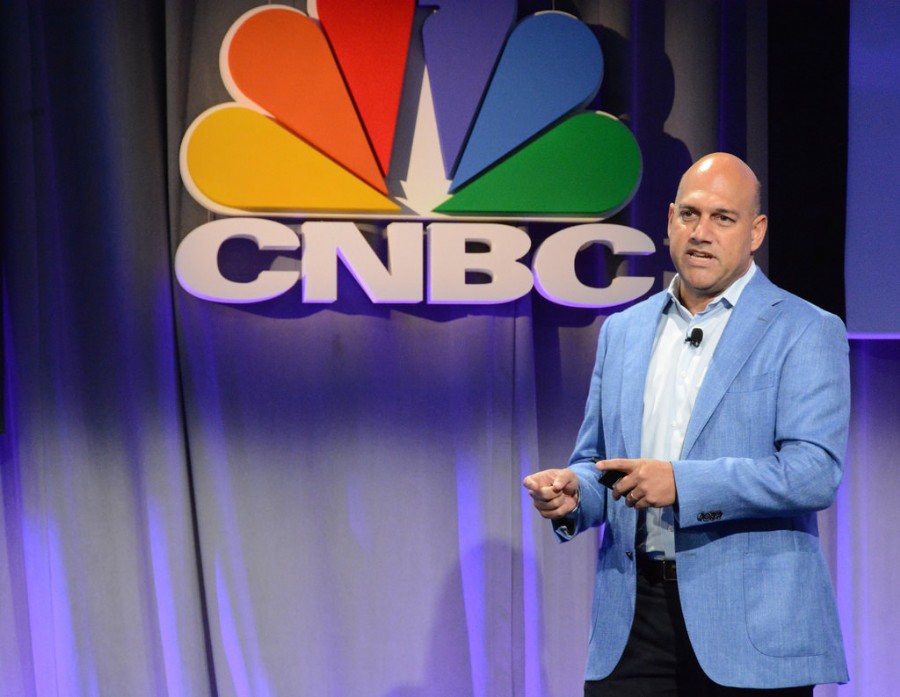There are signs home buyers in metropolitan New York are pausing to consider the effects of proposed federal tax law changes, setting the stage for a possible chill in the market, brokers say.
The changes, in versions of bills in both the House and the Senate, likely would increase the cost of home ownership and reduce after-tax discretionary income for many mostly affluent home buyers in New York and other states with high state and local income and property taxes, brokers and analysts say.
Those taxes now can be deducted from income on federal tax returns. The proposals would reduce or eliminate that benefit, though some of the benefit already is offset by another federal tax provision known as the alternative minimum tax.
The proposed tax changes are threatening the already vulnerable high-end housing market in New York City and the surrounding suburbs, brokers say, as some prospective buyers put off decisions.
Brokers said the tax issue regularly comes up in conversations with buyers, particularly more sophisticated ones who work in finance, and some people have put plans on hold.
In New York City, budget analysts said they might have to reduce revenue forecasts from the city’s transfer taxes on residential property sales because of expectations of fewer sales and lower prices. In Florida, where there is no income tax, brokers say they expect to see a new wave of buyers from New York and California looking to move there to reduce taxes.
The proposed tax changes are complex and will affect home buyers in different ways. They were designed to reduce taxes for many middle-income families, by lowering rates and doubling the standard deduction that reduces taxable income.
But both the Senate and the House proposal reduce or eliminate deductions for state and local taxes that are important factors in high-tax states. The House version would preserve a deduction on up to $10,000 in property taxes.
Deductions of interest paid on loans totaling up to $1 million would be preserved in the Senate bill but would be capped at $500,000 in the House bill for new buyers.
The alternative minimum tax would be eliminated, blunting a portion of the impact of other tax changes. According to new estimates from New York City’s Independent Budget Office, deductions by city residents for state and local taxes reduced their federal tax bills by $11.1 billion in 2015, but 24% of that was offset by $2.7 billion collected through the AMT.
The AMT totaled 30% of the savings from state and local tax deductions for taxpayers earning $200,000 or more, and 7% for earners making between $100,000 and $200,000, the budget office said.
But most worrying to industry professionals were proposed changes that raise the direct cost of home ownership and likely reduce the value of a home. For example, ending the deduction on every $10,000 of local property taxes of a house would cost a homeowner in the 33% federal tax bracket $3,300 the first year. The budget of that added tax liability year after year, plus future property tax increases, could limit how much buyers are willing to pay for properties today, brokers said.
Likewise, the loss of the deductibility of $100,000 in mortgage interest would increase the after-tax interest costs on a jumbo loan by more than $1,200 a year.













